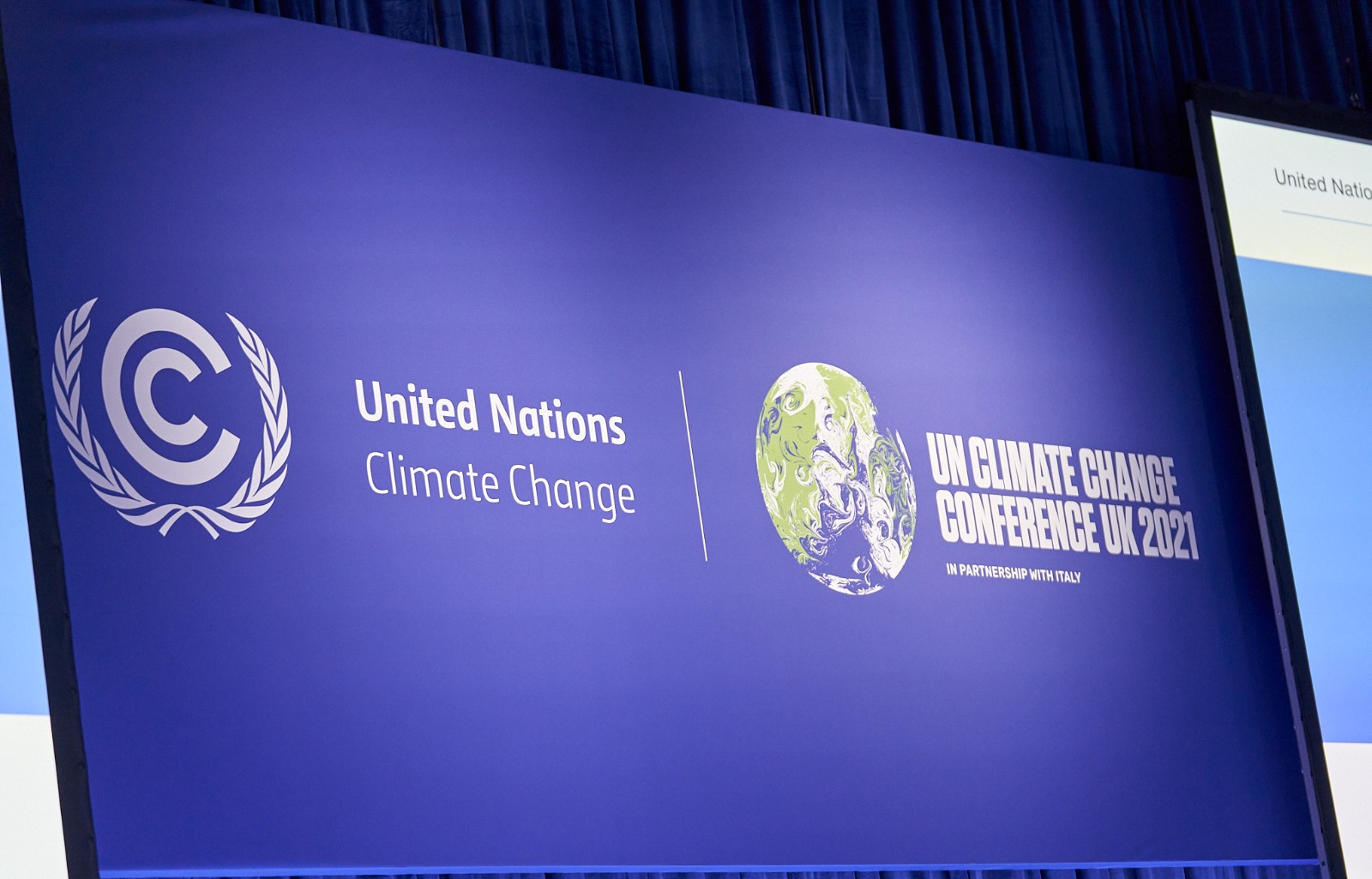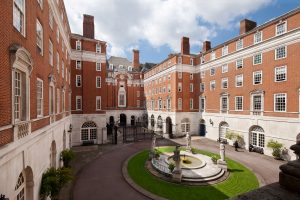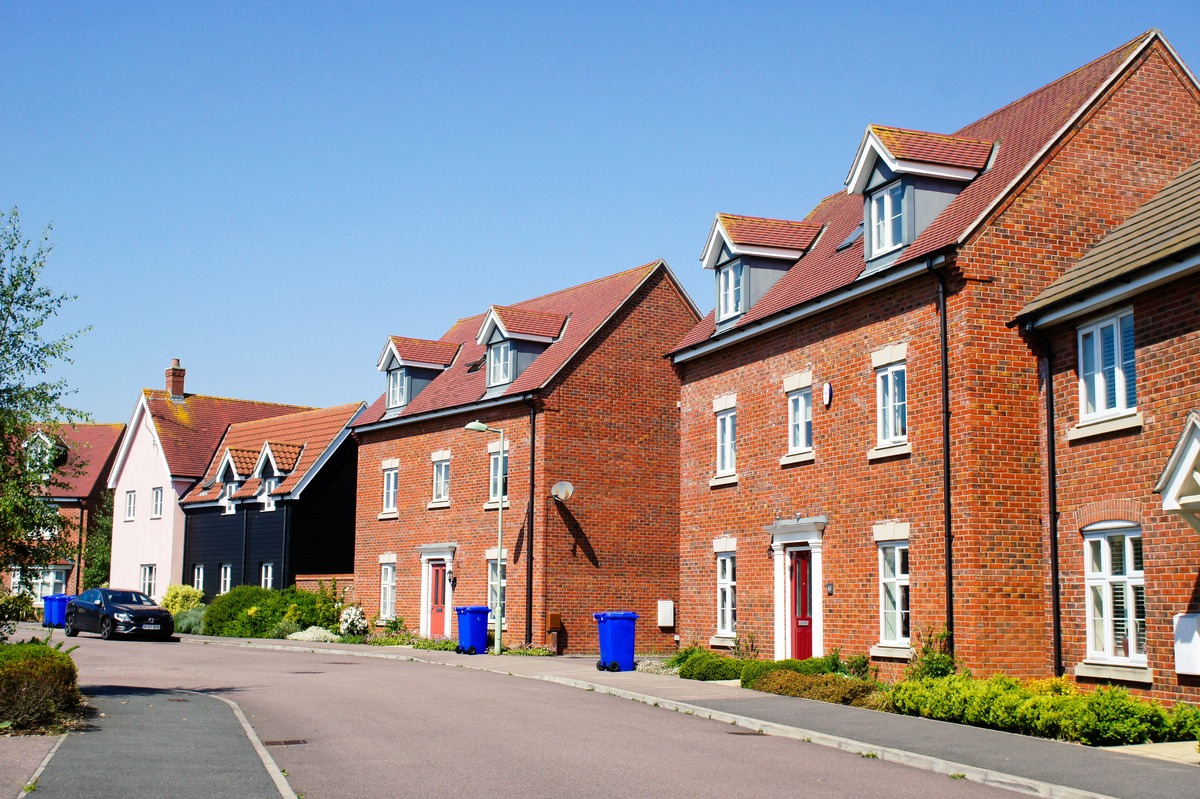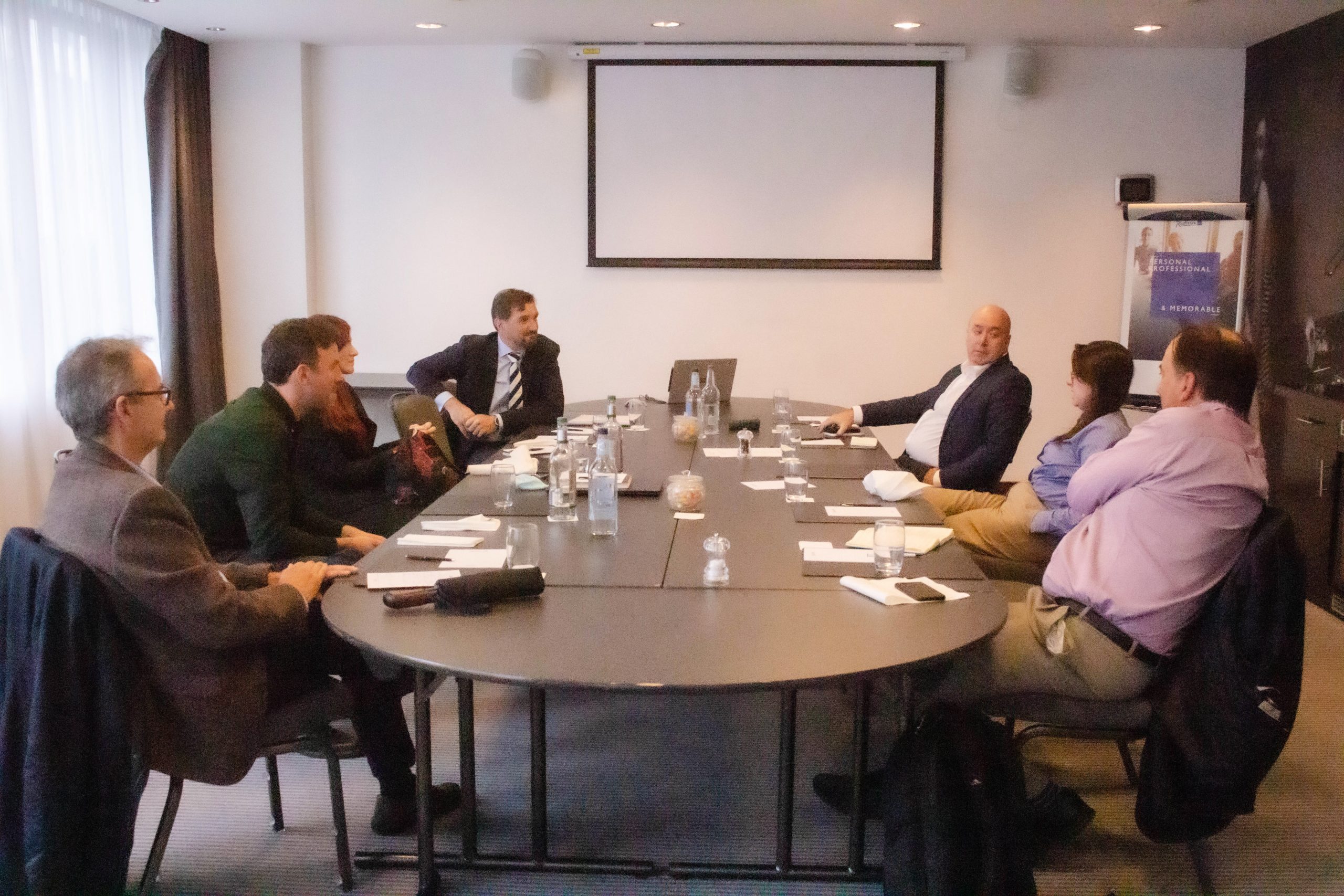How Are the UK’s Most Sustainable Venues Reacting to COP26?

With COP26 well underway, Housing Industry Leaders talks to two of the UK’s most sustainable venues to gather their thoughts on what needs to be done to tackle climate change.
World leaders, negotiators, government representatives, businesses and citizens have come together in Glasgow since October 31st to discuss the actions needed for climate change.
So far, key takeaways from the conference include a near-global pledge to end deforestation, pledges of £3bn for international climate aid and methane emissions in key nations to be cut by 30% by 2030.
However, is enough being done by the world leaders to realistically achieve these goals? In order to save the planet, we need clear, strong plans, not just pledges.
As COP26 is being held in The SEC Armadillo and SEC Centre, venues with an energy efficiency rating of F, we can only hope their plans are better than their choice of locations.
With the 26th Conference of the Parties being held the second-lowest possible EPC grade building, Housing Industry Leaders speaks to two of the most sustainable venues in the UK to find out what they think about the conference.
BMA House – London
Located in Tavistock Square, London, the Grade II listed BMA House, holds sustainability at the heart of everything they do.

Cc: BMA House
The world-renowned venue has taken many steps to reduce its environmental impact, reducing its carbon footprint by almost 70% and signing up to the Meetings Industry Association’s #20PercentLess scheme, aimed at reducing reliance on single-use plastics by 20% each year for the next five years.
Achieving many awards for sustainability such as ‘Greenest Venue’ by Hire Space in 2018 and 2019, they have also reduced water usage by 5.4 million litres per year through initiatives such as water-saving devices on toilets.
In reaction to COP26, BMA House told Housing Industry Leaders: “COP26 has been an incredible opportunity for the world, including political leaders to gather and share opinions and reach agreement on a multitude of ways to achieve goals that will benefit all.”
“However, the wider COP26 event is so much more than that as it goes on to provide industries with a chance to meet and develop their individual plans, which will in turn feed into the wider solutions. Face to face meetings offers the greatest opportunity for agreement and long-term success as they allow the development and building of relationships that simply cannot be achieved remotely.
Within the events industry, we can and must do our part to support change and improvements in environmental and climate-focused policies. To begin with, whilst recognising the importance of face-to-face meetings we must acknowledge they are not always the best solution.
“A balance must be struck, which is where hybrid and digital meeting opportunities have so much value, which is why forward-thinking venues like BMA House have invested heavily in their face to face, hybrid and digital offering.”
EarthSpirit Centre – Glastonbury
EarthSpirit is a holistic retreat centre near Glastonbury with two venues and hosts a wide range of healing and personal development groups.

Cc: EarthSpirit Centre
From heating, electricity, water and food, sustainability is a core focus of the venue. They use biomass boilers burning straw and logs, 12kw of solar panels, and greywater to ensure they are renewable as possible.
They have received the gold from Green Tourism for all the sustainability features they have incorporated and cover every aspect of our operation -energy, wildlife, crafts, cleaning products, transport, procurement etc.
EarthSpirit believes greening is a journey and a lifestyle, not a destination.
Speaking to Housing Industry Leaders about COP26, David Taylor, owner of EarthSpirit said: “What COP needs most is goodwill, political will and leaders willing to take a risk… We also urgently need specific measures (not just targets) that will maximise the slowdown in global heating.
My favourites are reducing methane emissions, halting the financing of new fossil fuel projects, regenerating our soils, stopping fossil fuel subsidies and introducing/increasing carbon taxes.
“Specifically for the UK, I’d like to see a frequent flyer tax, a halt to the expansion of airfields, new roadbuilding and oilfields, cheaper trains and buses, and an increase in ambition for tree planting, re-wilding, peat restoration and onshore wind.
David rounded up with a poignant message to the public and politicians: “All of this is within our grasp if people vote for it and if we have leaders with commitment and integrity.”

